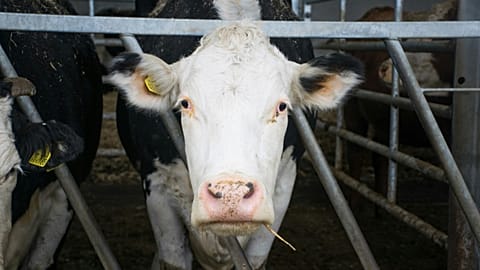They say that every cloud has a silver lining. While pollution is a life threatening problem in many places, for some this could be an upside.
Penises are getting longer - and we should be concerned about it, scientists say.
 ADVERTISEMENT
ADVERTISEMENT
 ADVERTISEMENT
ADVERTISEMENT
The average global penile length has increased by 24 per cent over the past 29 years, a new meta-analysis from Stanford University has concluded.
Researchers compiled data from 75 studies, conducted between 1942 and 2021, that reported on the penile length of 55,761 men.
They found that the average erect length increased from 4.8 inches (12.1cm) to 6 inches (15.24 cm) over the past three decades.
The headline might elicit a giggle from a sex-shy reader but this “rapid” growth is potentially worrying, warned researcher Dr Michael Eisenberg.
“The increase happened over a relatively short period of time. Any overall change in development is concerning, because our reproductive system is one of the most important pieces of human biology.”
“If we're seeing this fast of a change, it means that something powerful is happening to our bodies,” he adds.
Why are penises getting longer?
The researchers expected to see a decline in the average male penis length over time. They were "surprised" by the results, which could be caused by a number of factors.
Chief among such possible causes is the prevalence of harmful chemicals in pesticides and hygiene products.
“These endocrine-disrupting chemicals - there are many - exist in our environment and our diet,” he said.
“As we change our body's constitution that also affects our hormonal milieu. Chemical exposure has also been posited as a cause for boys and girls going into puberty earlier, which can affect genital development.”
The study was fairly comprehensive. Nonetheless, other experts have suggested a trend in the opposite direction.
What other impact do chemicals have on human reproductive health?
Research suggests that chemicals are having a profound impact on our reproductive systems.
Sperm counts among men in Western countries had dropped by 59 per cent between 1973 and 2011, according to one meta-analysis of 185 studies involving 45,000 men.
Chemicals can impact the future fertility of babies who are still in utero too.
A Danish study published last week found that women’s exposure to dangerous "forever chemicals" during early pregnancy could result in male children having a lower sperm count and quality later in life.


















